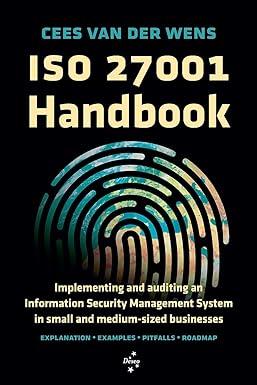Question
C&J Enterprises is an all-equity firm that is considering issuing $13.5 million of perpetual debt. The interest rate is 10%. The firm will use the
C&J Enterprises is an all-equity firm that is considering issuing $13.5 million of perpetual debt. The interest rate is 10%. The firm will use the proceeds of the bond sale to repurchase equity. The firm distributes all earnings available to stockholders immediately as dividends. The firm will generate $3 million of earnings before interest and taxes (EBIT) every year into perpetuity. The firm is subject to a corporate tax rate of 40%. Suppose the personal tax rate on interest income is 55%, and the personal tax rate on equity income is 20%.
a. What is the annual after-tax cash flow to equity holders under each plan?
| Unlevered | Levered | |
| EBIT | $3 million | $3 million |
| Interest | $0 million | $1.35 million =$13.5 m*0.1 |
| EBT | $3 million | $1.65 million |
| Corporate Taxes | $1.2 million | $0.66 million |
| Net Income | $1.8 million | $0.99 million |
b. What is the annual after-tax cash flow to debt holders under each plan?
c. Does debt still have an advantage over equity in this case, and why?
Step by Step Solution
There are 3 Steps involved in it
Step: 1

Get Instant Access to Expert-Tailored Solutions
See step-by-step solutions with expert insights and AI powered tools for academic success
Step: 2

Step: 3

Ace Your Homework with AI
Get the answers you need in no time with our AI-driven, step-by-step assistance
Get Started


